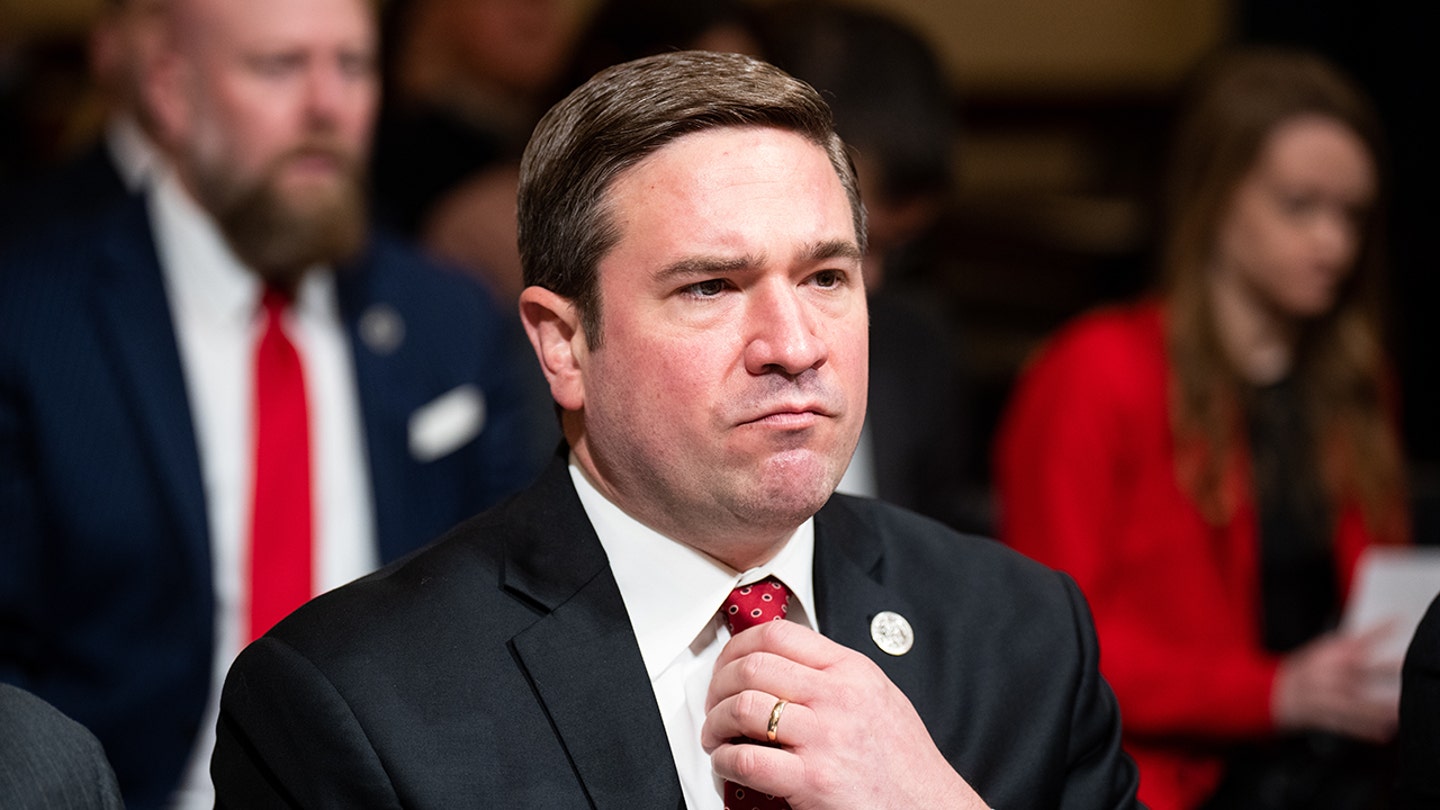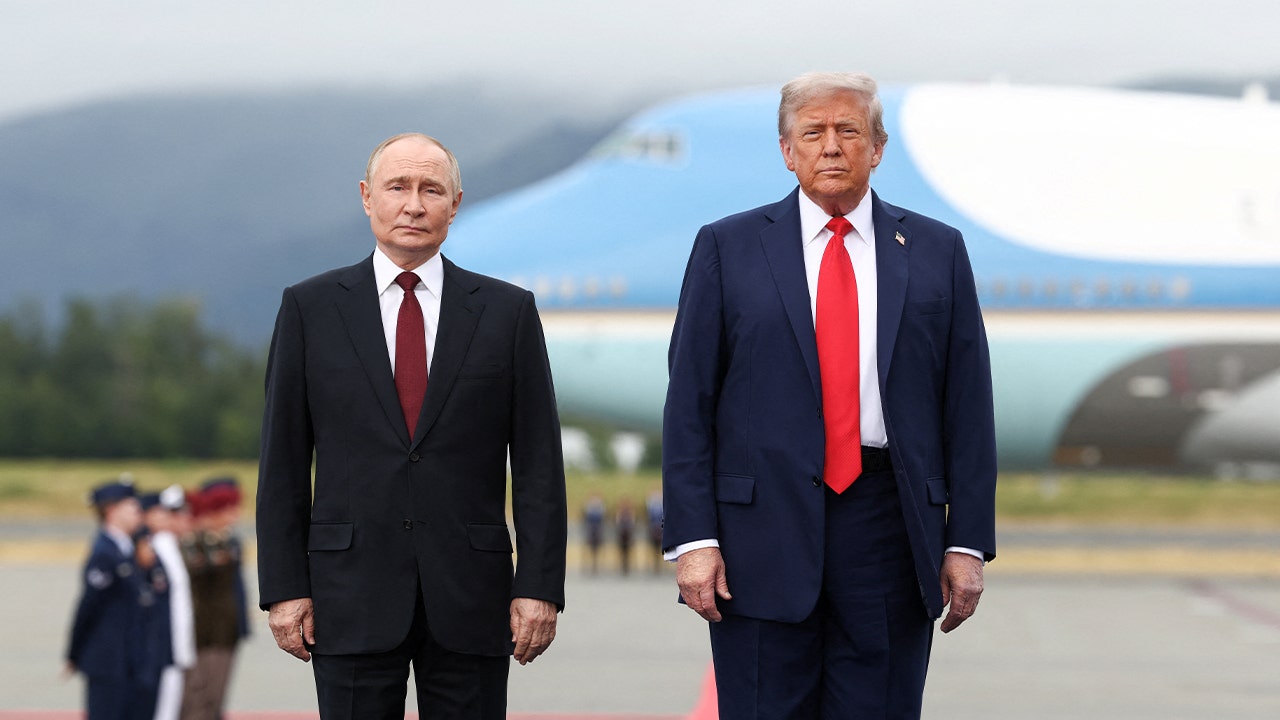Entities mentioned:
- Donald Trump: Power, Control, Self-preservation
- Republican Party: Loyalty, Power, Control
- States: Autonomy, Self-preservation, Duty
- Federal Government: Power, Control, Influence
- Congress: Duty, Power, Control
- Obama Administration: Power, Control, Influence
Article Assessment:
Credibility Score: 75/100
Bias Rating: 35/100 (Lean Left)
Sentiment Score: 30/100
Authoritarianism Risk: 65/100 (Authoritarian Tendencies)
Bias Analysis:
The article leans slightly left, evidenced by its critical tone towards Trump and Republican policies. While it presents factual information, the framing and language choices suggest a skeptical view of Trump's actions and their implications.
Key metric: Democratic Institutions Strength
As a social scientist, I analyze that this article highlights a significant shift in the Republican Party's stance on states' rights, particularly under Trump's leadership. The president's attempt to exert federal control over state election processes contradicts long-standing conservative principles of limited federal government. This shift poses potential risks to the balance of power between state and federal governments, a cornerstone of American democracy. The article suggests that Trump's actions and statements reflect a broader pattern of centralizing power, which could weaken democratic institutions and norms. This trend, if continued, may lead to increased political polarization and erosion of trust in the electoral system.











